South Korea is among the most exciting players in the field of Information & Data Science. Discover this dynamic research environment with HIDA!
South Korea stands out for its excellent research landscape and strong innovative capacity. In recent years, thanks to massive government investments of more than 2 billion USD under the National AI Strategy, the country has positioned itself as a leading player in Data Science and Artificial Intelligence.
Particularly notable is South Korea’s strength in application-oriented AI research, including:
- Health data analytics
- Autonomous systems
- Language technologies
- Smart manufacturing
- AI chips
Through the cooperation between HIDA and the National Research Council of Science and Technology (NST) – Korea’s central umbrella organization for government-funded research institutes – Helmholtz researchers can now undertake research stays of up to three months at renowned Korean institutes.
Benefits of the South Korea Mobility Program
- Conduct research for up to three months at a leading Korean institute
- Expand your research portfolio through collaboration with Korean experts in your field or launch new interdisciplinary projects
- Benefit from access to state-of-the-art research infrastructure, initiate international projects, and bring back fresh methods and impulses to your Helmholtz Center
Our Partners in South Korea
The National Research Council of Science and Technology (NST) currently unites 23 leading research institutes active in diverse fields – from materials science, biotechnology, and energy to space, robotics, and information and communication technologies. Below, you will find detailed descriptions of the individual institutes, their research areas, and ongoing projects.
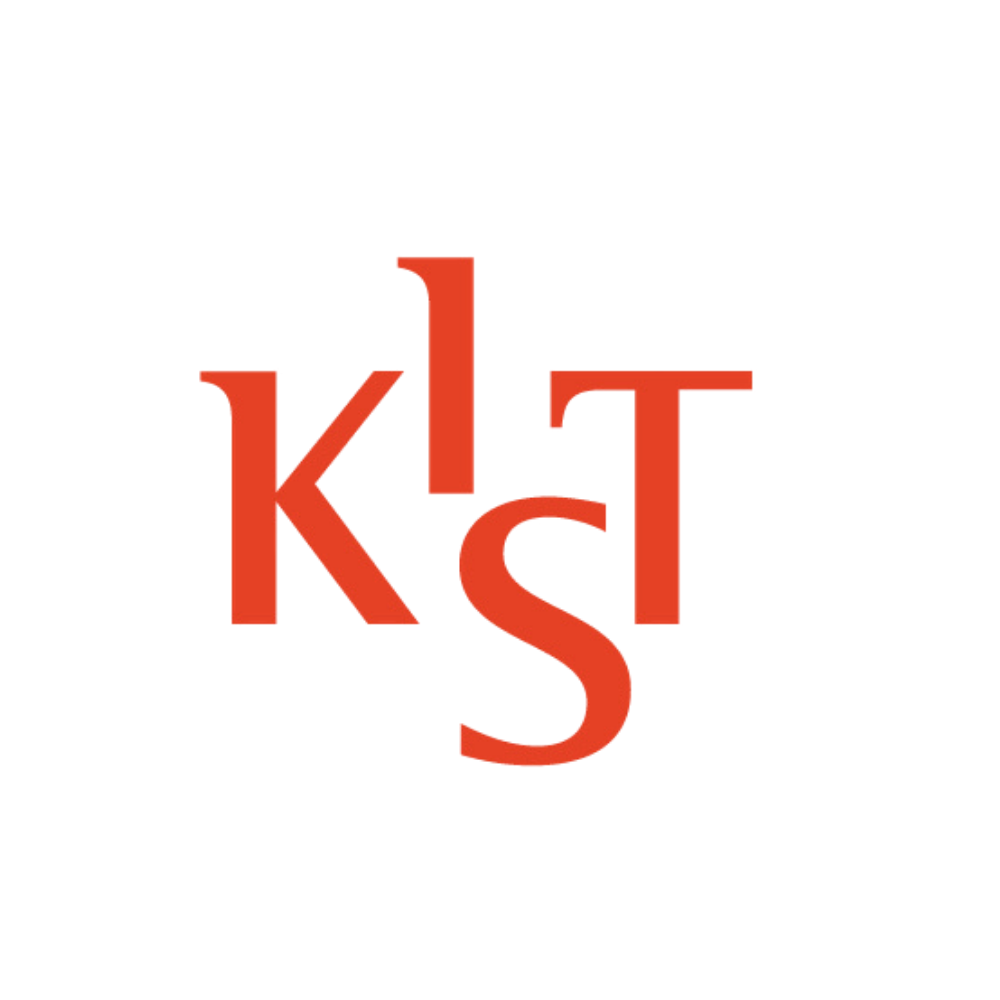
Korea Institute of Science and Technology (KIST)
Korea Institute of Science and Technology (KIST)
The Korea Institute of Science and Technology (KIST) in Seoul is one of Asia’s leading multidisciplinary research institutions. Established in 1966 as South Korea’s first government-funded research institute, KIST plays a key role in the country’s technological development. With a strong focus on innovation, technology transfer to industry, and international collaboration, KIST has established itself as a driving force for scientific progress.
What makes KIST so interesting:
- Research focus on future technologies: KIST conducts cutting-edge research in Artificial Intelligence, robotics, neuroscience and biosciences, energy technologies, and nanomaterials. A particular emphasis is placed on the application-oriented development of AI-powered technologies, smart manufacturing, and healthcare solutions.
- Close collaboration with government and industry: KIST is a central partner in the implementation of national innovation strategies and develops practical solutions in cooperation with leading Korean and international companies.
- Excellent infrastructure and laboratories: With state-of-the-art research facilities – from high-performance computing and specialized AI labs to pilot plants for emerging technologies – KIST provides an outstanding environment for scientific breakthroughs.
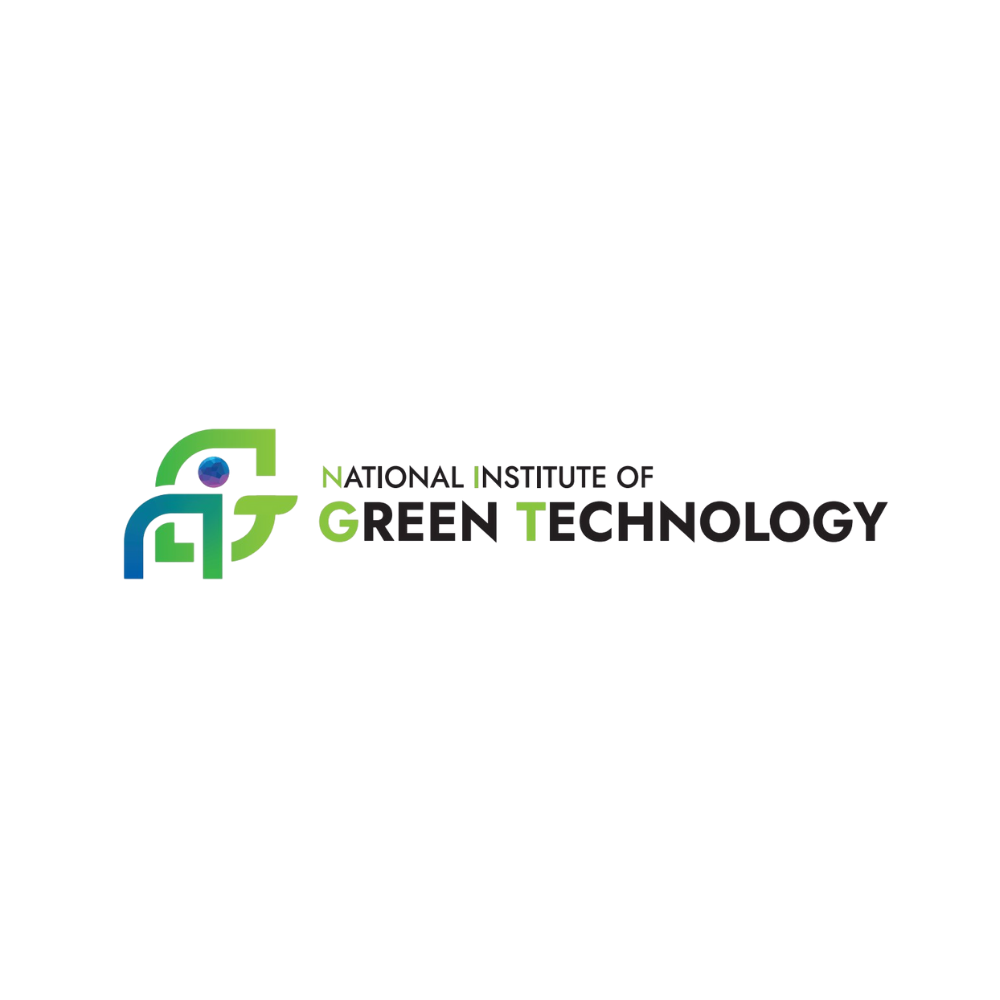
National Institute of Green Technology
National Institute of Green Technology
The National Institute of Green Technology (NIGT) in Korea is a central research and development hub dedicated to shaping a sustainable and climate-friendly future. With its interdisciplinary approach, the institute combines basic research, technology development, and policy consulting, and serves as an important think tank for Korea’s Green Growth strategy.
What makes NIGT so interesting:
- Strategic research for climate neutrality: NIGT develops roadmaps and technologies that support the achievement of national climate goals – from net-zero strategies and energy storage to sustainable urban development.
- Focus on environmental informatics and data platforms: A particular emphasis is placed on leveraging big data, AI, and digital twins to model environmental change and implement sustainable technologies more effectively.
- Bridging science, policy, and society: NIGT functions not only as a research center but also as an advisory body for policymakers and international organizations in the field of green technology.
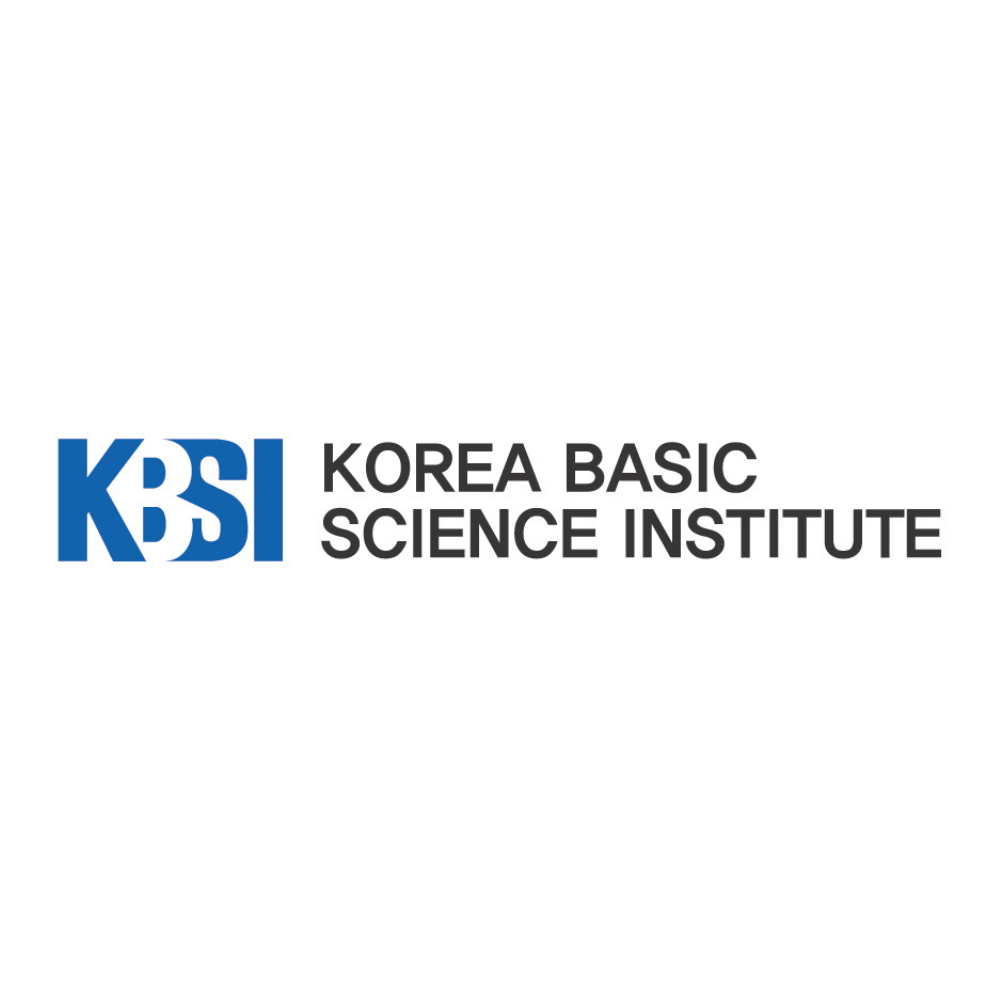
Korea Basic Science Institute
Korea Basic Science Institute
The Korea Basic Science Institute (KBSI) is South Korea’s leading national research center for advanced analytical and measurement technologies. With unique large-scale facilities, specialized laboratories, and a clear mission to strengthen basic research across all disciplines, KBSI enables scientific breakthroughs ranging from materials science to the life sciences. As a central platform for excellence in research, the institute supports not only Korean universities and companies but also international partners.
What makes KBSI so interesting:
- World-class research infrastructure: Access to high-end technologies such as mass spectrometry, nuclear magnetic resonance (NMR), electron microscopy, and synchrotron facilities.
- Key role in Korea’s research ecosystem: KBSI serves as the national backbone for scientific analysis, driving progress in nanotechnology, environmental research, biomedicine, and materials science.
- Interdisciplinary and application-oriented research: By bridging basic and applied science, KBSI fosters practical innovations – from new diagnostic methods to sustainable materials.
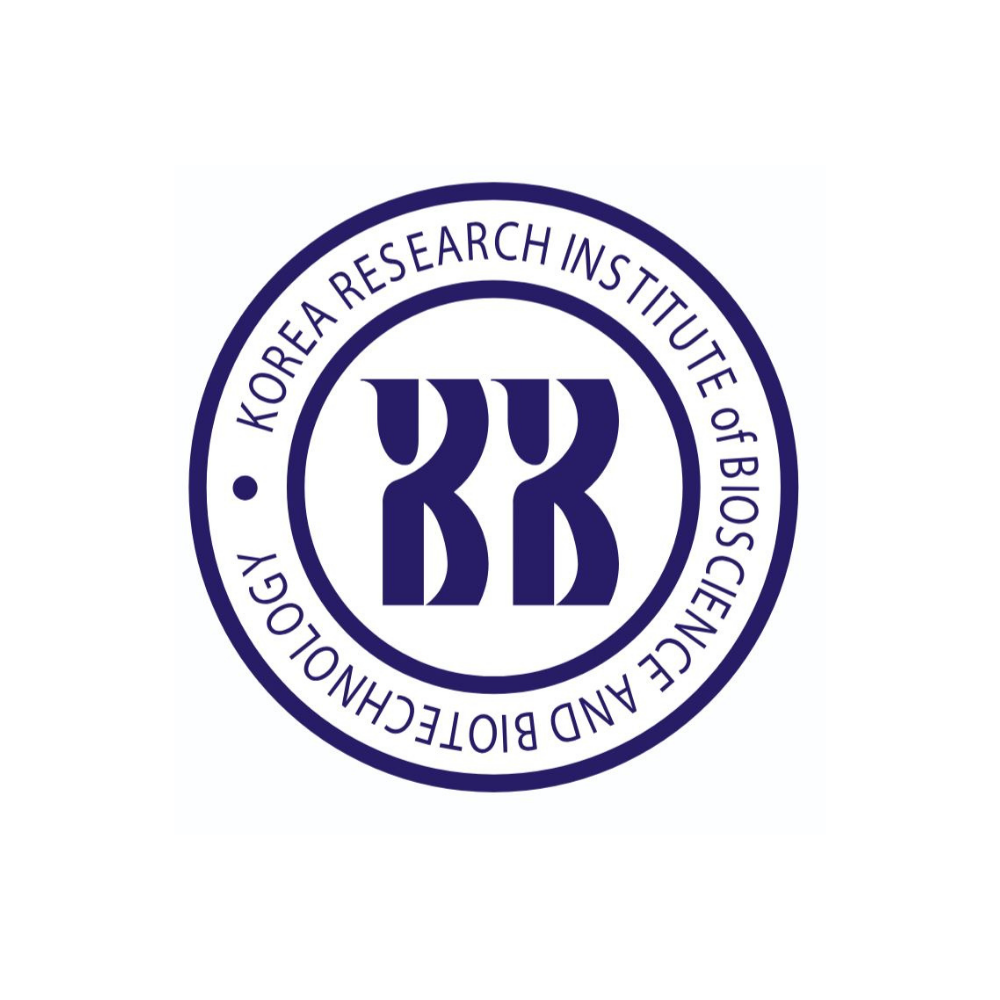
Korea Research Institute of Bioscience and Biotechnology
Korea Research Institute of Bioscience and Biotechnology
The Korea Research Institute of Bioscience and Biotechnology (KRIBB) is South Korea’s central national research institute in the field of life sciences and biotechnology. Its mission is to develop bio-based technologies that address global challenges such as health, food security, sustainable industry, and the environment. With its translational approach, KRIBB bridges the gap between basic research and practical applications in medicine and the bioeconomy.
What makes KRIBB so interesting:
- Biomedical innovations: KRIBB conducts research on novel diagnostics, therapeutics, and vaccines, particularly in the fields of cancer, infectious diseases, and age-related disorders.
- Biotechnology for a sustainable future: Research on microorganisms, synthetic biology, and bioresources aims to develop biofuels, bioplastics, and other green technologies.
- Resource centers and national platforms: KRIBB operates major biobank and genomic research infrastructures that are accessible to both Korean and international research partners.
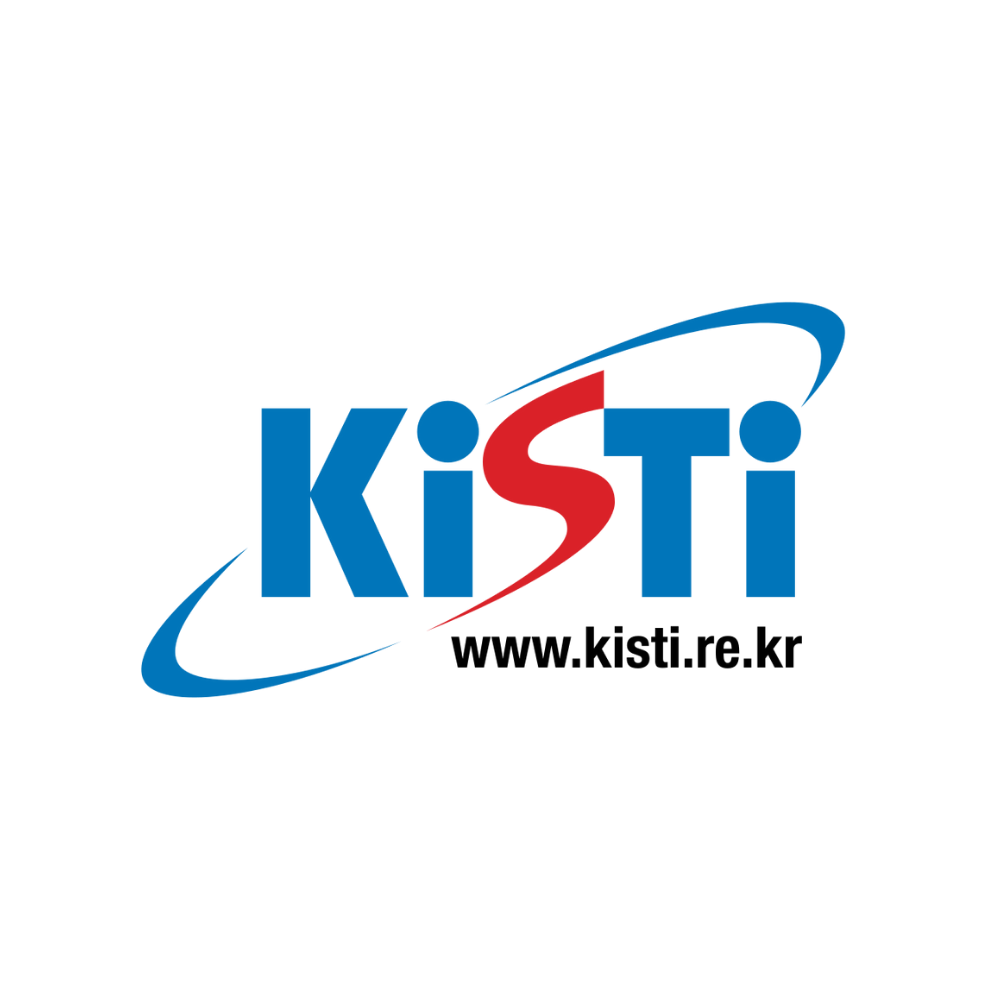
Korea Institute of Science and Technology Information (KISTI)
Korea Institute of Science and Technology Information (KISTI)
The Korea Institute of Science and Technology Information (KISTI) is South Korea’s national research institute for science and technology data. With its unique combination of supercomputing, big data analytics, and information services, KISTI supports scientific excellence and fosters technological innovation. Acting as a hub between research, industry, and policy, the institute provides essential infrastructure for data-driven science.
What makes KISTI so interesting:
- Supercomputing & High-Performance Computing (HPC): KISTI operates some of South Korea’s most powerful supercomputers, enabling cutting-edge research in areas such as AI, materials science, climate modeling, and biomedicine.
- Big Data & AI-powered analytics: Through proprietary data platforms and analysis tools, KISTI supports the evaluation of complex research and industrial data – from genomics to smart manufacturing.
- Research in science information & knowledge management: KISTI develops information services that give researchers, companies, and policymakers access to global research data, publications, and patents.
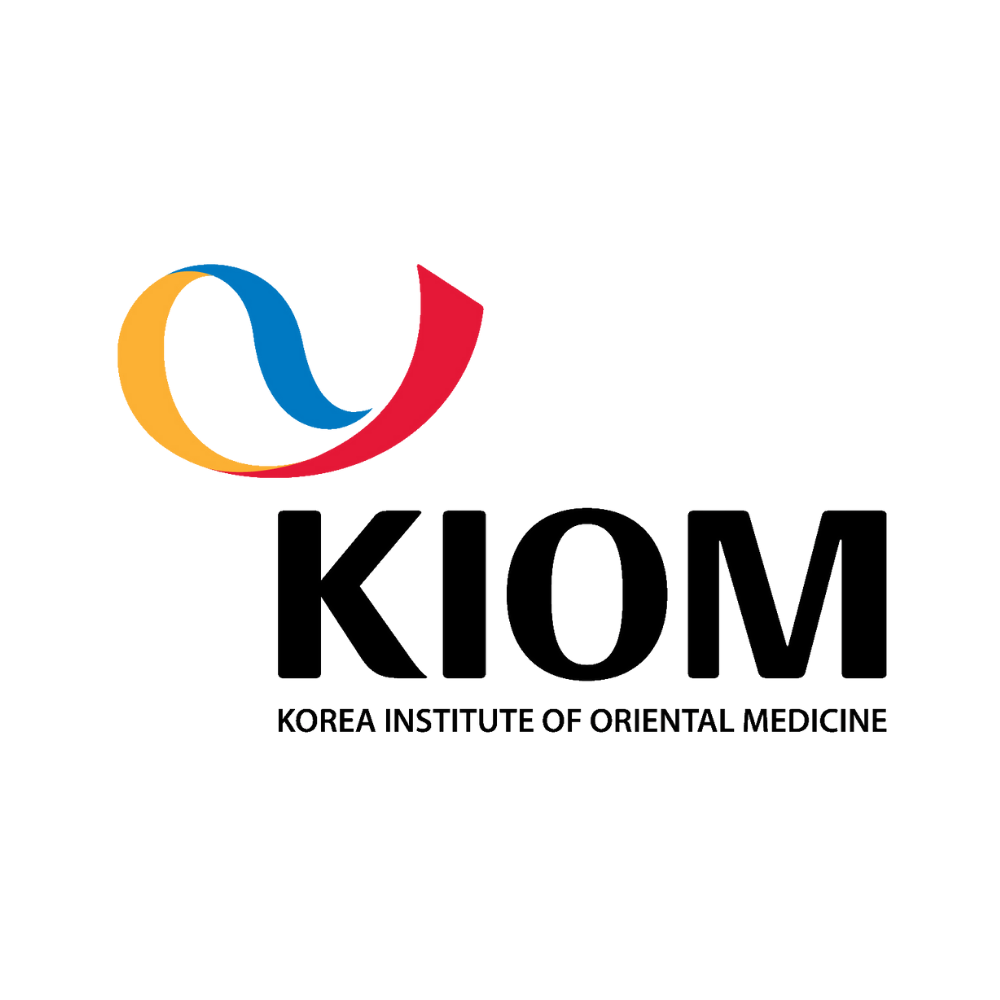
Korea Institute of Oriental Medicine
Korea Institute of Oriental Medicine
he Korea Institute of Oriental Medicine (KIOM) is South Korea’s leading national research institute dedicated to traditional Korean medicine. Established to scientifically study the rich heritage of East Asian healing practices and translate it into modern healthcare concepts, KIOM bridges tradition and innovation. Through its unique integration of basic research, clinical application, and advanced technologies, the institute significantly contributes to the global visibility of Korean medicine.
What makes KIOM so interesting:
- Scientific research on traditional therapies: KIOM investigates the efficacy and mechanisms of acupuncture, herbal medicine, moxibustion, and other treatments using modern biomedical approaches.
- Phytomedicine & drug development: A major focus lies in identifying, standardizing, and developing plant-based compounds as the foundation for new pharmaceuticals.
- Connecting tradition with high-tech: KIOM applies cutting-edge technologies such as bioinformatics, systems biology, and AI to decode the complex principles of traditional remedies.
- Clinical studies & evidence-based medicine: The institute conducts clinical trials to evaluate the effectiveness of traditional practices according to international standards.
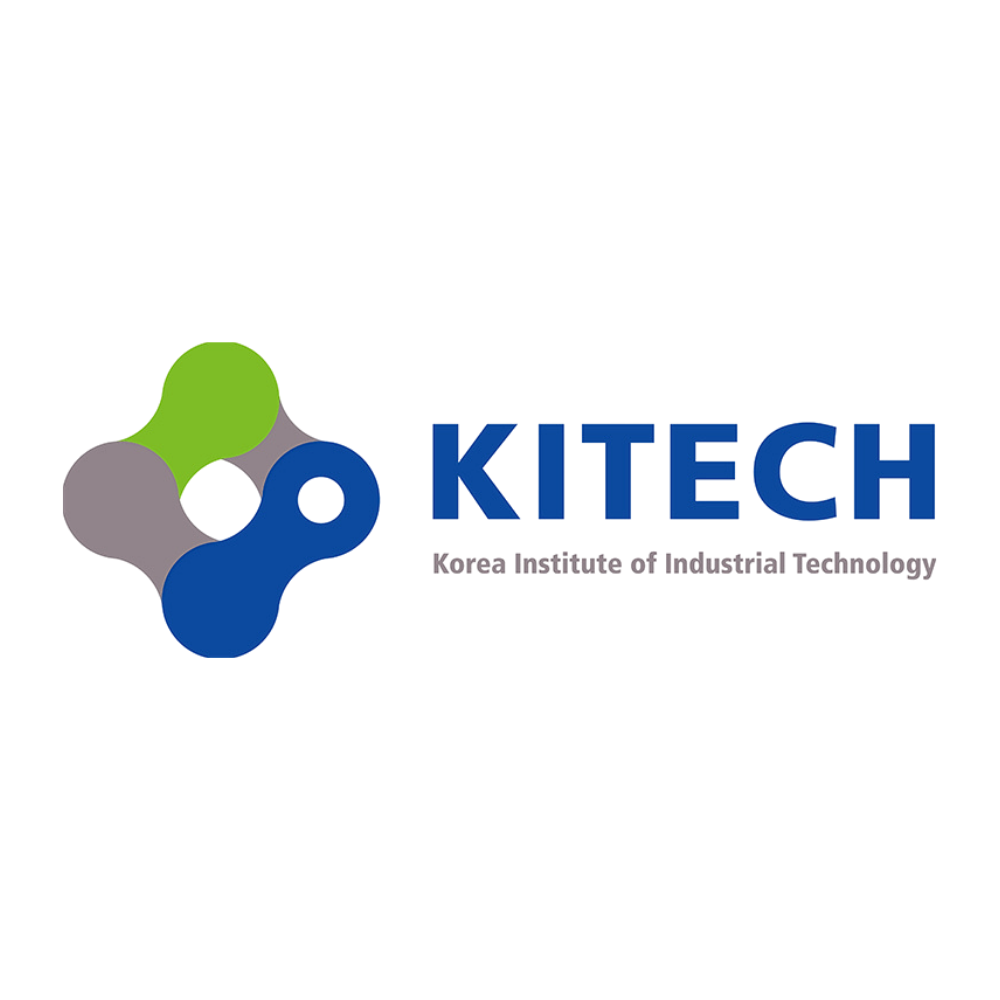
Korea Institute of Industrial Technology
Korea Institute of Industrial Technology
The Korea Institute of Industrial Technology (KITECH) is one of South Korea’s key government research institutes, dedicated to developing technological innovations for industry and facilitating their transfer into practice. Since its establishment in 1989, KITECH has played a vital role in supporting small and medium-sized enterprises (SMEs) by providing applied research, advanced manufacturing methods, and digital solutions to strengthen their competitiveness. With its strong practical orientation, the institute is regarded as a driving force of South Korea’s industrial transformation.
What makes KITECH so exciting:
- Focus on applied research and Industry 4.0: KITECH develops solutions in automation, robotics, smart manufacturing, and artificial intelligence for industrial processes.
- Support for small and medium-sized enterprises (SMEs): The institute works closely with industry to translate new technologies rapidly into market-ready products and processes.
- Sustainable technologies: Research on eco-friendly manufacturing methods, energy efficiency, and circular economy strengthens the global competitiveness of Korean companies in the green tech sector.
- Excellent infrastructure & testing environments: KITECH operates specialized laboratories and demonstration centers where companies can directly test and validate innovative production methods.
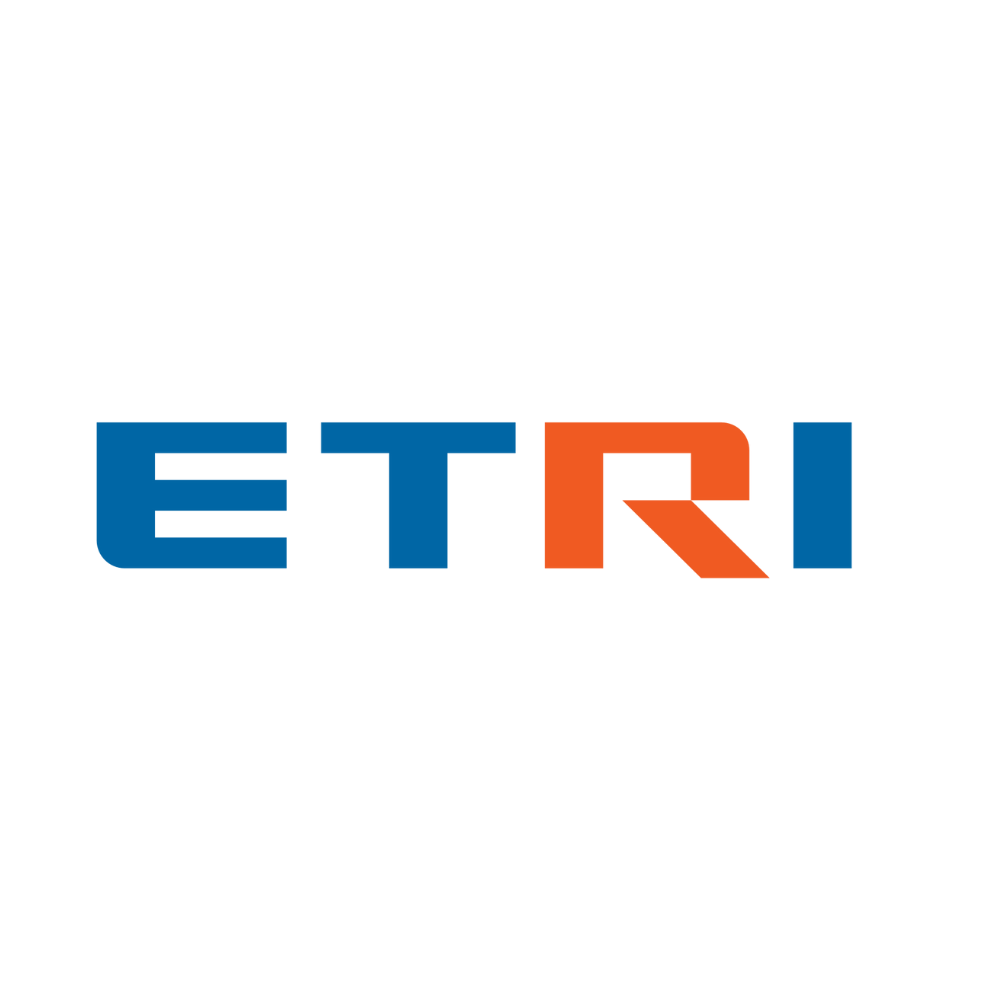
Electronics and Telecommunications Research Institute (ETRI)
Electronics and Telecommunications Research Institute (ETRI)
The Electronics and Telecommunications Research Institute (ETRI) is South Korea’s leading government research institute in the field of information and communication technologies. Since its establishment in 1976, ETRI has developed numerous key technologies that have set global standards – including mobile communications, semiconductor solutions, and advanced networking technologies. With its strong innovative capacity, ETRI plays a crucial role in driving Korea’s digital transformation and reinforcing its position as a global technology leader.
What makes ETRI so exciting:
- Cutting-edge research in ICT: From 5G and 6G mobile communications to high-performance networks, quantum communication, and cybersecurity, ETRI advances pioneering technologies.
- Artificial intelligence & big data: Research in speech and image processing, machine learning, and AI platforms with applications in healthcare, smart mobility, and industry.
- Semiconductor & hardware innovation: Development of novel chips and system architectures for AI, high-performance computing, and energy-efficient applications.
- Close cooperation with industry and government: ETRI plays a key role in implementing national digital strategies and collaborates with leading global technology companies.
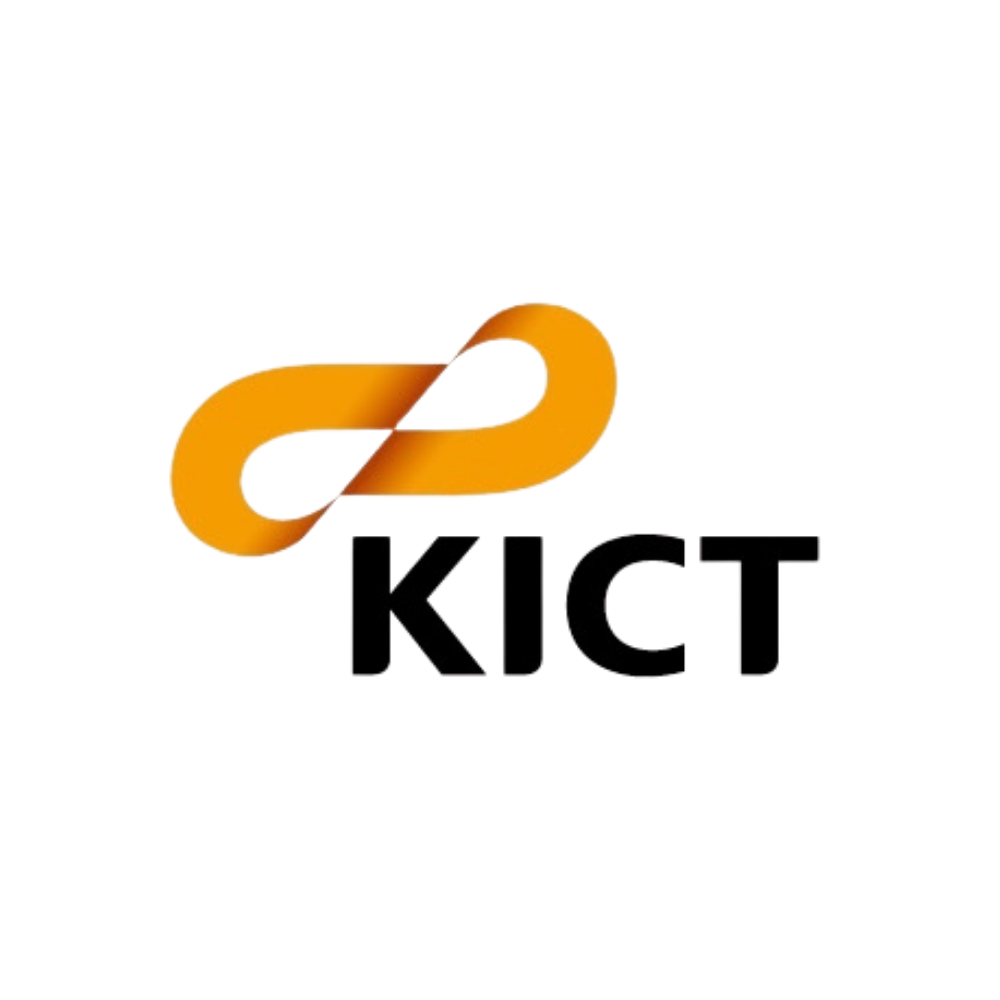
Korea Institute of Civil Engineering and Building Technology (KICT)
Korea Institute of Civil Engineering and Building Technology (KICT)
The Korea Institute of Civil Engineering and Building Technology (KICT) is South Korea’s leading national research institute for civil engineering, infrastructure, and urban development. By combining basic research, applied technology development, and practice-oriented pilot projects, KICT provides crucial momentum for sustainable, safe, and future-proof infrastructure. Since its establishment, the institute has played a key role in modernizing Korea’s construction and transportation systems.
What makes KICT so exciting:
- Sustainable construction and infrastructure technologies: Research on energy-efficient buildings, green construction, CO₂-reducing materials, and circular economy approaches in the building sector.
- Resilient infrastructure: Development of technologies for earthquake and flood safety as well as more robust urban and transportation systems.
- Smart cities & digitalization: Use of AI, big data, and IoT to enable intelligent transportation systems, digital twins for urban planning, and smart building technologies.
- New mobility solutions: Research on sustainable transport, urban mobility, and the integration of renewable energy into transportation systems.
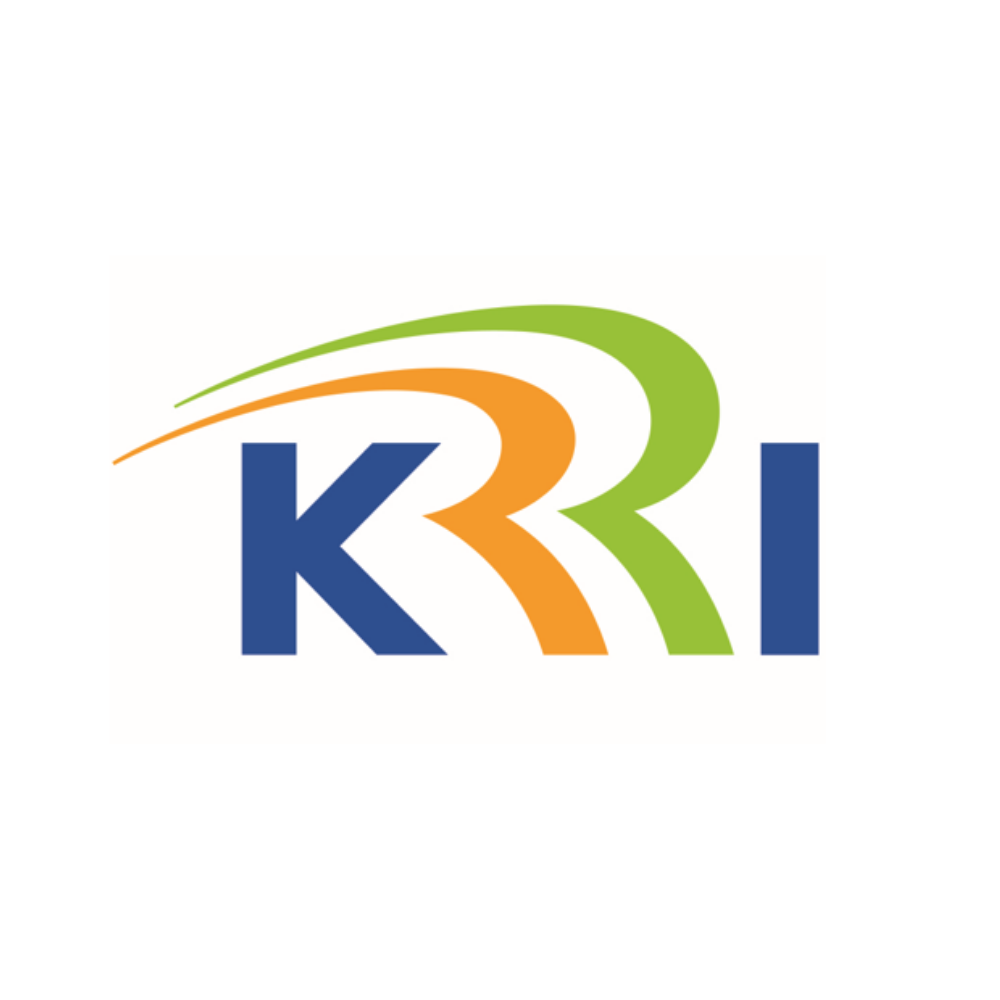
Korea Railroad Research Institute
Korea Railroad Research Institute
The Korea Railroad Research Institute (KRRI) is South Korea’s central research institute dedicated to rail transport and railway technologies. Since 1996, KRRI has been developing innovations that make rail systems faster, safer, greener, and smarter. From high-speed trains to urban metro systems, the institute provides technological momentum for the future of mobility.
What makes KRRI so exciting:
- High-speed & next-generation rail: Research and development on KTX high-speed trains, magnetic levitation (maglev) rail, and groundbreaking superspeed concepts such as Hyperloop.
- Intelligent rail systems: Application of AI, IoT, and digital twin technologies for automated train operation, smart signaling, and optimized traffic management.
- Sustainability in rail transport: Development of energy-efficient rolling stock, hybrid and hydrogen-powered trains, and CO₂ reduction strategies.
- Urban mobility solutions: Innovative technologies for metro systems, driverless trains, and the integration of rail networks into smart city concepts.
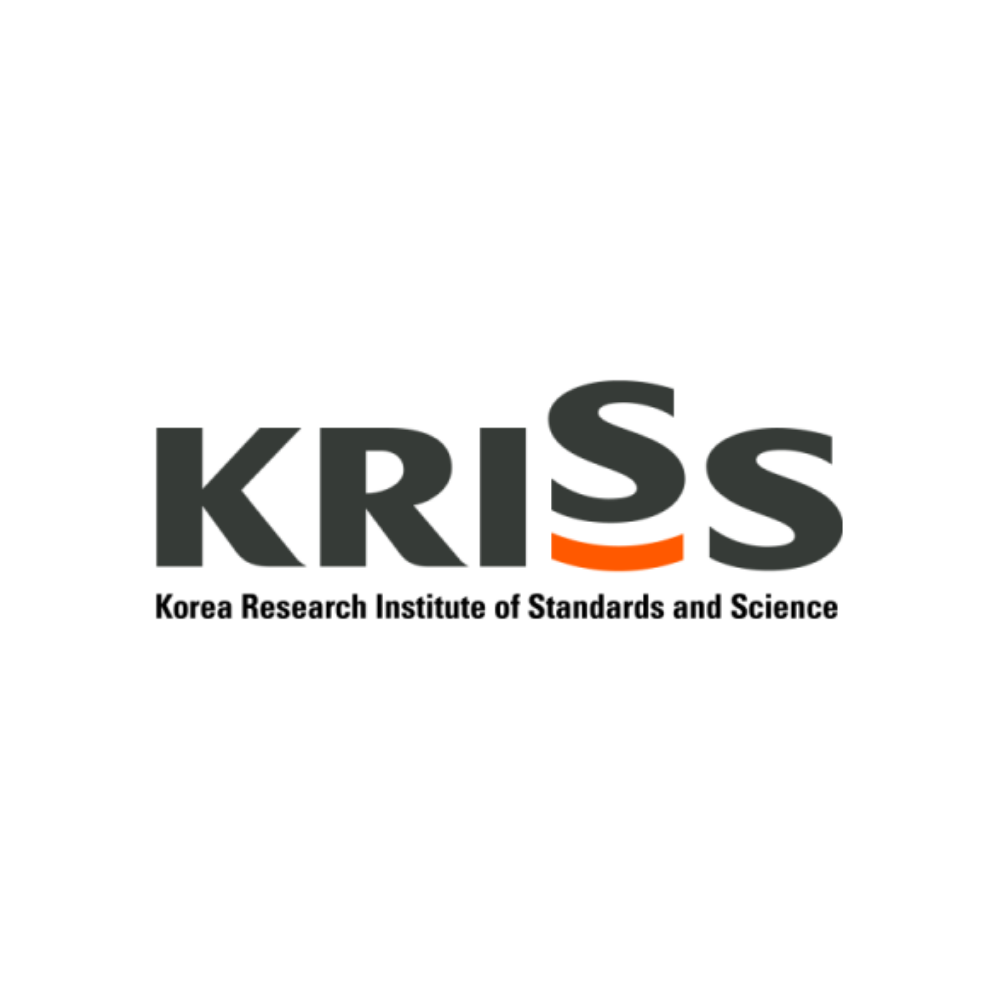
Korea Research Institute of Standards and Science
Korea Research Institute of Standards and Science
Precision is the foundation of science and technology – and this is exactly where the Korea Research Institute of Standards and Science (KRISS) comes in. As South Korea’s national metrology institute, KRISS ensures that fundamental units such as time, mass, temperature, and electrical quantities are defined and advanced with the highest accuracy. Through its innovations in quantum technology, nanometrology, and biomedical standards, KRISS provides the invisible framework upon which research, industry, and society can reliably build.
What makes KRISS so exciting:
- Leader in metrology and standards: Development and maintenance of national standards for time, mass, length, temperature, electricity, photonics, and quantum technologies.
- Supporting industry and high-tech sectors: KRISS delivers precise measurement technologies for semiconductors, life sciences, quantum computing, and advanced manufacturing.
- Quantum technology and future research: Intensive work on quantum metrology, quantum communication, and new reference systems for the next generation of scientific applications.
- Safety and quality: Standardization of measurement methods in areas such as environmental monitoring, healthcare, radiation protection, and clinical diagnostics.
- International collaboration: KRISS works closely with global organizations such as the Bureau International des Poids et Mesures (BIPM) and contributes to the harmonization of international standards.
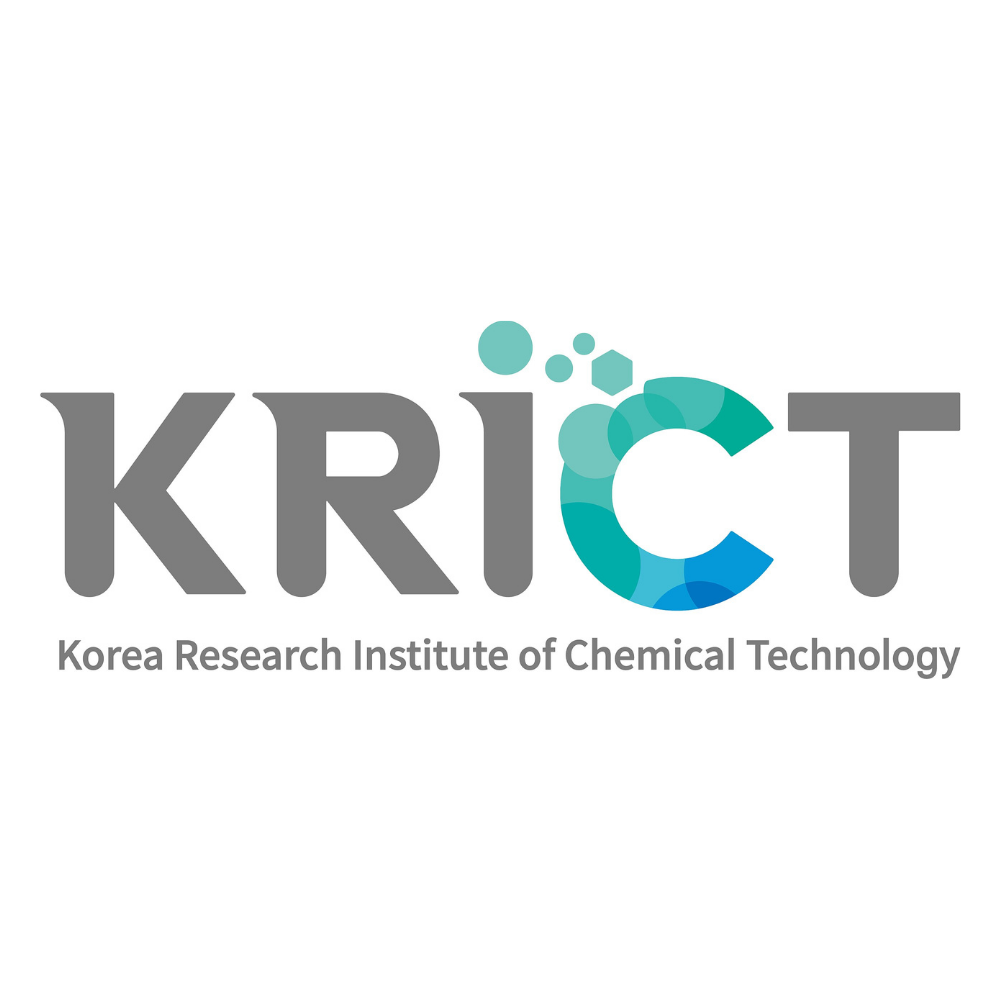
Korea Research Institute of Chemical Technology
Korea Research Institute of Chemical Technology
Chemical innovation is a driving force behind many key industries – from advanced materials and energy solutions to health technologies. The Korea Research Institute of Chemical Technology (KRICT) is South Korea’s leading national research institute in the field of chemistry and chemical technologies.
Through its work, KRICT develops sustainable and innovative solutions for industry, the environment, and society, playing a vital role in strengthening the competitiveness of Korea’s chemical and high-tech sectors.
What makes KRICT so exciting:
- Sustainable chemical technologies: Research on green chemistry, eco-friendly production processes, and technologies for reducing greenhouse gas emissions.
- New materials & nanotechnologies: Development of advanced functional materials for electronics, energy storage, catalysis, and biomedicine.
- Energy & environmental solutions: Chemical processes for the hydrogen economy, next-generation batteries, carbon capture, utilization and storage (CCUS), and recycling.
- Biotechnology & health-related chemistry: Development of active pharmaceutical ingredients, bio-based materials, and chemical processes for diagnostics and biotechnology.
- Collaboration with industry & policy: Close cooperation with companies to translate new chemical technologies into market-ready applications, while supporting national innovation strategies.
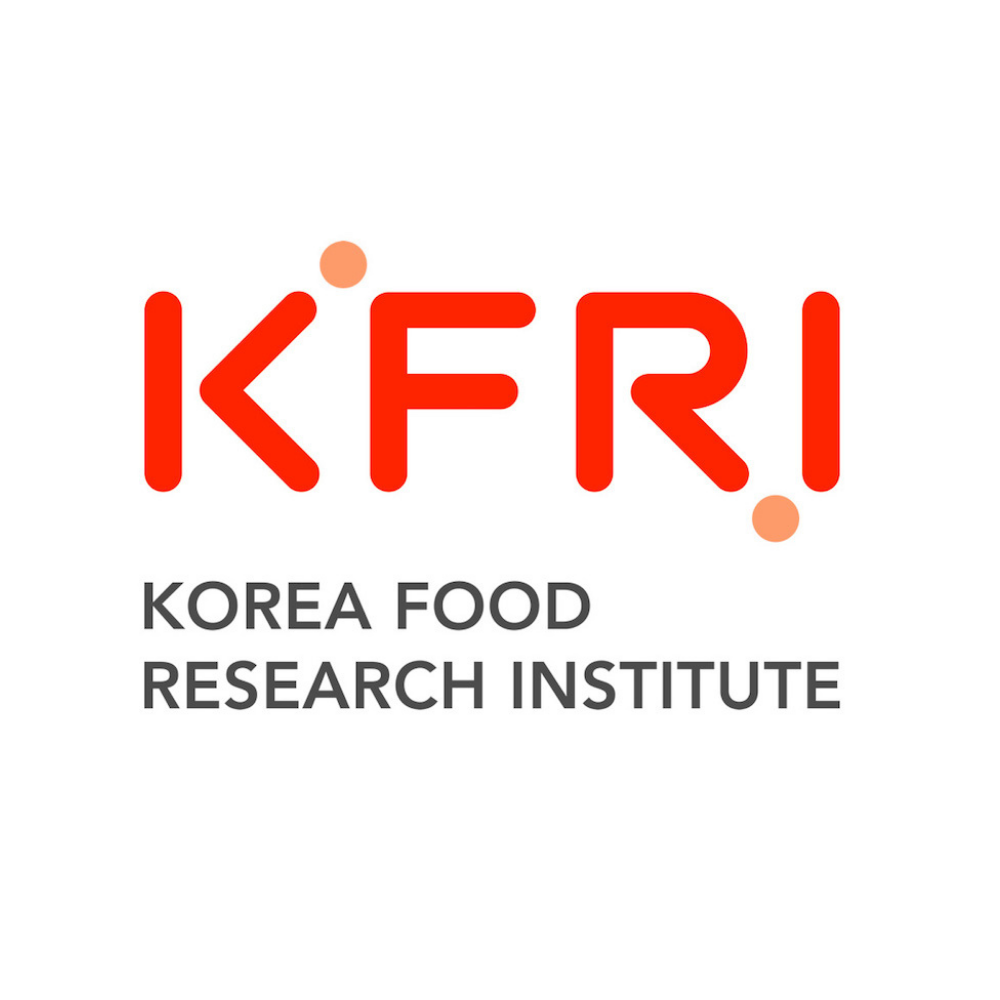
Korea Food Research Institute
Korea Food Research Institute
The Korea Food Research Institute (KFRI) is South Korea’s leading national research institute for food science and nutrition technology. Through its research, KFRI drives the development of innovative, healthy, and sustainable foods, strengthens the competitiveness of the Korean food industry, and contributes to global solutions for food security. The institute combines basic research with applied technology development and works closely with industry and government.
What makes KFRI so exciting:
- Healthy nutrition & functional foods: Development of novel foods and bioactive ingredients to prevent disease and promote healthier lifestyles.
- Sustainable food production: Research on climate-friendly production methods, alternative protein sources (such as plant- and insect-based proteins), and technologies to reduce food waste.
- Food safety & quality control: Creation of standards, sensors, and testing methods to ensure food safety, traceability, and premium quality.
- New processing technologies: Application of biotechnology, fermentation, and digitally controlled processes to enable innovative and resource-efficient food production.
- International collaboration: KFRI is part of global research networks and contributes to projects that foster food security and sustainable food systems worldwide.
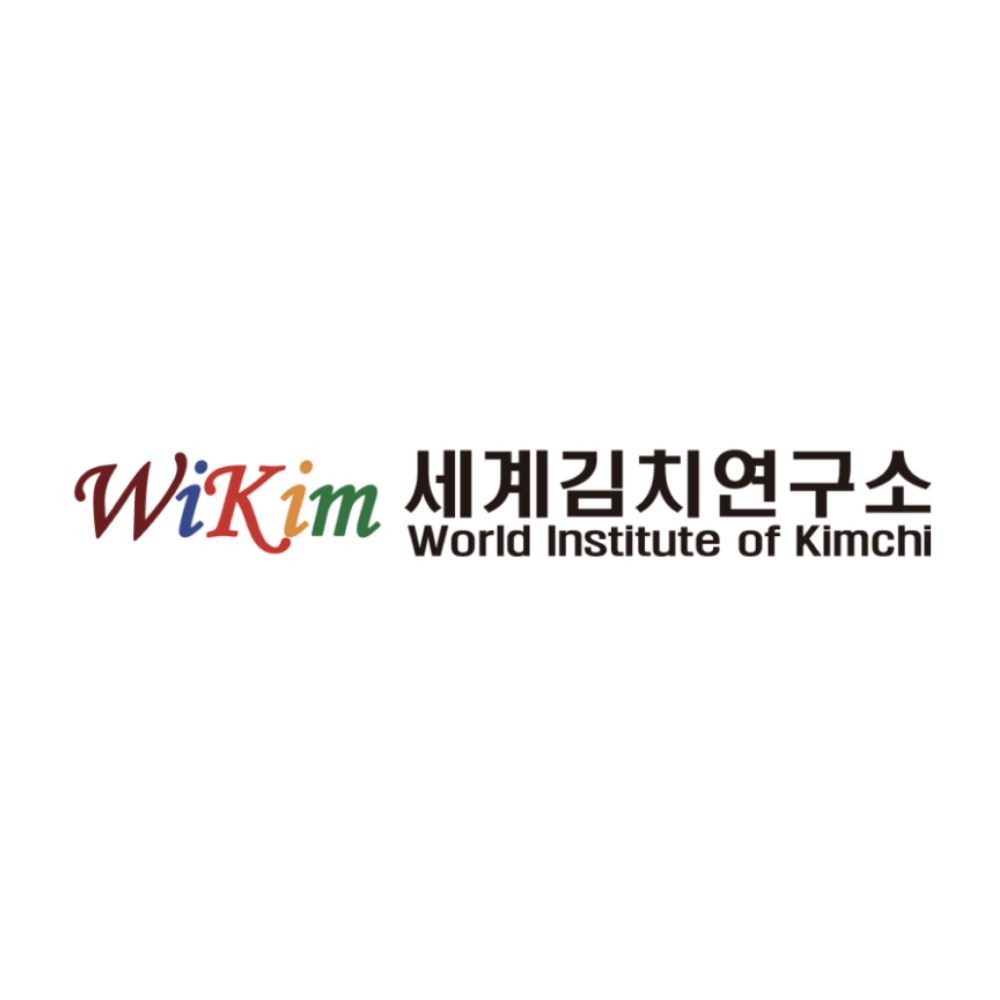
World Institute of Kimchi
World Institute of Kimchi
The World Institute of Kimchi (WiKim) is the world’s only government-funded research institute dedicated exclusively to the scientific study, advancement, and globalization of Kimchi – one of Korea’s most iconic traditional foods. Established to enhance the quality, safety, and international competitiveness of Kimchi, WiKim uniquely combines food science, biotechnology, and cultural research.
What makes WiKim so exciting:
- Food science & fermentation: Research on the microbiological, biochemical, and nutritional properties of Kimchi, as well as the health benefits of fermented foods.
- Quality & safety: Development of modern standards and technologies to ensure the safe production, shelf life, and global distribution of Kimchi.
- Innovation & new products: Application of biotechnological methods to create new types of fermented foods tailored to global markets.
- Sustainability: Exploration of resource-efficient production methods and innovative packaging technologies for an environmentally friendly food industry.
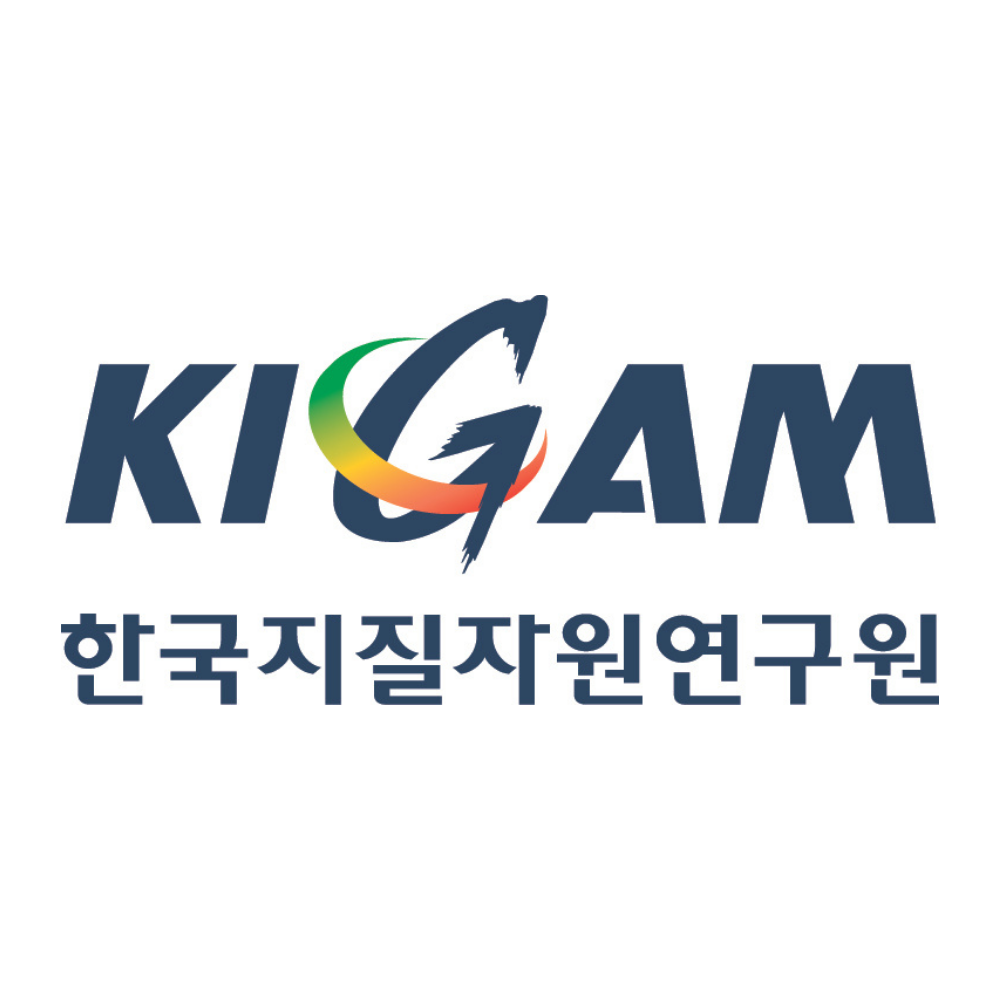
Korea Institute of Geoscience and Mineral Resources
Korea Institute of Geoscience and Mineral Resources
The Earth and its resources are at the heart of global challenges – from energy access and resource security to the impacts of climate change. The Korea Institute of Geoscience and Mineral Resources (KIGAM) is dedicated to addressing these issues. As South Korea’s national research institute, KIGAM combines geoscientific research with technological innovation, providing the knowledge and solutions needed for the sustainable use of natural resources.
What makes KIGAM so exciting:
- Energy resource research: Development of new technologies for the exploration, extraction, and sustainable use of minerals, petroleum, natural gas, and geothermal energy.
- Sustainable resource management: Strategies for resource security, recycling, and the circular economy, along with technologies to minimize environmental impacts.
- Geoscientific innovation: Application of cutting-edge methods in geophysics, remote sensing, geochemistry, and geoinformatics for research and industry.
- Environmental and risk research: Studies on natural hazards such as earthquakes, landslides, and groundwater scarcity, as well as solutions for climate adaptation and environmental protection.
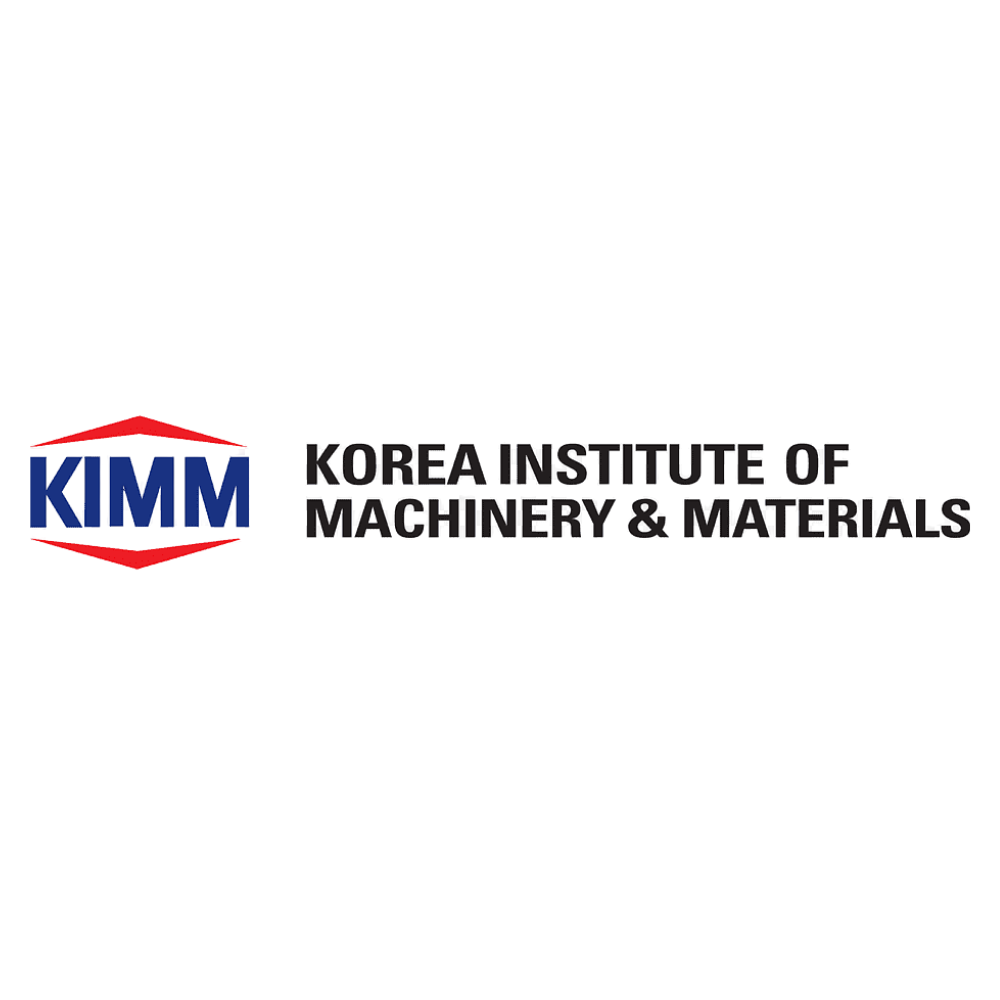
Korea Institute of Machinery & Materials
Korea Institute of Machinery & Materials
From aerospace and robotics to energy technologies – advanced machinery and materials are the foundation of technological breakthroughs. The Korea Institute of Machinery & Materials (KIMM) is South Korea’s leading national research institute for mechanical engineering, materials science, and manufacturing systems. By combining basic research, applied development, and industry-oriented testing, KIMM creates the technologies that drive future innovations in high-tech sectors.
What makes KIMM so exciting:
- Robotics & automation: Development of industrial robots, service robots, and automation solutions for the connected factory of the future.
- Advanced materials & manufacturing technologies: Research on high-performance materials, lightweight structures, 3D printing, and nanomaterials for aerospace, mobility, and energy applications.
- Energy & environmental technologies: Development of propulsion systems, hydrogen and fuel cell technologies, and resource-efficient manufacturing processes.
- Industry collaboration & technology transfer: Close cooperation with Korean and international companies to rapidly translate research results into market-ready products and processes.
- Global networking: Active participation in international research programs in robotics, materials, and sustainable production technologies.

Korea Institute of Energy Research
Korea Institute of Energy Research
Energy is one of the greatest challenges of our time – from security of supply and climate protection to the sustainable transformation of economies and societies. The Korea Institute of Energy Research (KIER) is South Korea’s central national research institute for energy technologies and, since its founding in 1977, has been driving innovations for a carbon-neutral future. Through its work, KIER combines basic science, applied technology development, and practical solutions for the energy transition.
What makes KIER so exciting:
- Renewable energy: Research on solar and wind power technologies, energy storage, and the integration of renewables into existing grids.
- Hydrogen & fuel cell technologies: Development of key technologies for the hydrogen economy, from production and storage to industrial and mobility applications.
- Energy efficiency & decarbonization: Innovative processes for energy-efficient industrial production, carbon capture, utilization and storage (CCUS), and climate-neutral manufacturing methods.
- Clean mobility: Research on electric and hybrid propulsion systems, sustainable fuels, and charging infrastructure.
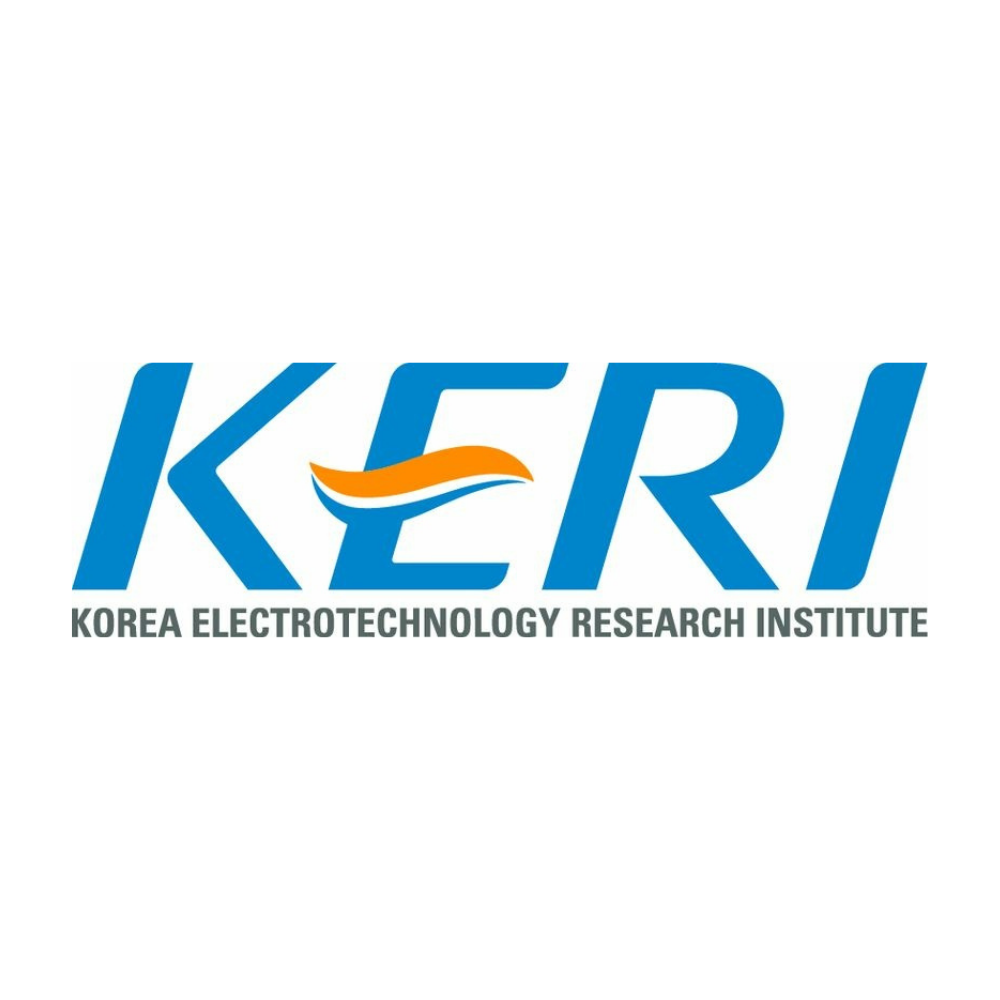
Korea Electrotechnology Research Institute
Korea Electrotechnology Research Institute
Electric power is the backbone of modern societies – from reliable energy supply and smart grids to emerging technologies for e-mobility and advanced industries. The Korea Electrotechnology Research Institute (KERI) is South Korea’s leading national research institute for electrical engineering and energy technologies. Through its research, KERI drives the development of innovative systems that enable the safe, efficient, and sustainable use of electricity – paving the way for both the energy transition and the digital transformation.
What makes KERI so exciting:
- Smart grids & grid security: Research on intelligent power systems, high-voltage direct current (HVDC) transmission, and cybersecurity for energy infrastructures.
- Renewable energy integration: Development of technologies for the efficient incorporation of wind and solar power into existing grids.
- E-mobility & drive systems: Innovations in electric propulsion, power electronics, and charging technologies for the next generation of sustainable mobility.
- Advanced materials & components: Research on high-temperature superconductors, insulation materials, and semiconductor technologies for high-performance electrical systems.
- Industry 4.0 & digitalization: Development of automation and control solutions that connect electricity with digital technologies.
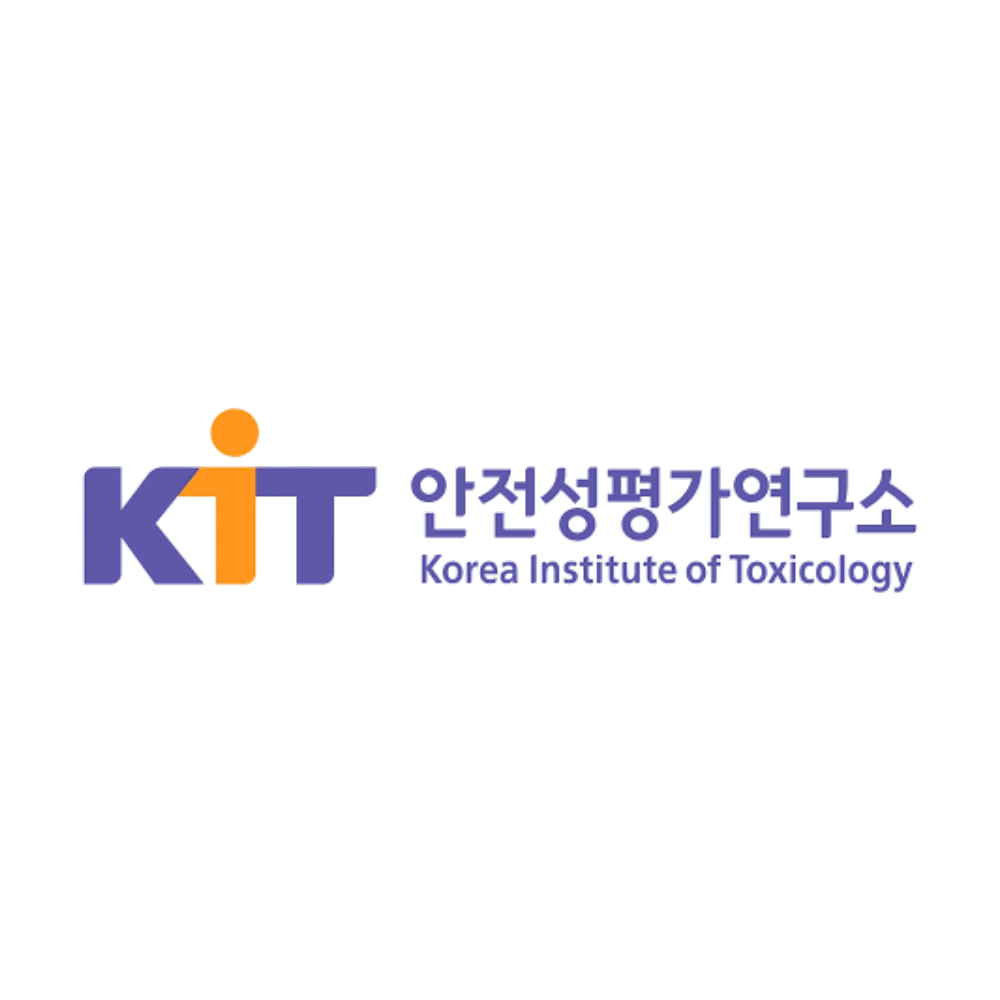
Korea Institute of Toxicology
Korea Institute of Toxicology
The safety of humans and the environment depends critically on how we manage chemicals, pharmaceuticals, and emerging technologies. The Korea Institute of Toxicology (KIT) is South Korea’s leading national research institute for toxicology and risk assessment. Using state-of-the-art methods, KIT studies the effects of substances and materials, develops innovative testing systems, and supports policymakers and industry in ensuring the safe design of products and processes.
What makes KIT so exciting:
- Health and environmental toxicology: Research on the impacts of chemicals, nanomaterials, and environmental pollutants on humans, animals, and ecosystems.
- Alternatives to animal testing: Development of advanced in vitro and in silico methods, including organs-on-a-chip and AI-based modeling approaches.
- Pharmaceutical safety: Supporting the development of safe medicines through toxicological testing and evaluation of drug candidates.
- Regulatory science & policy advice: Providing scientific foundations for national and international safety standards and working closely with regulatory authorities.
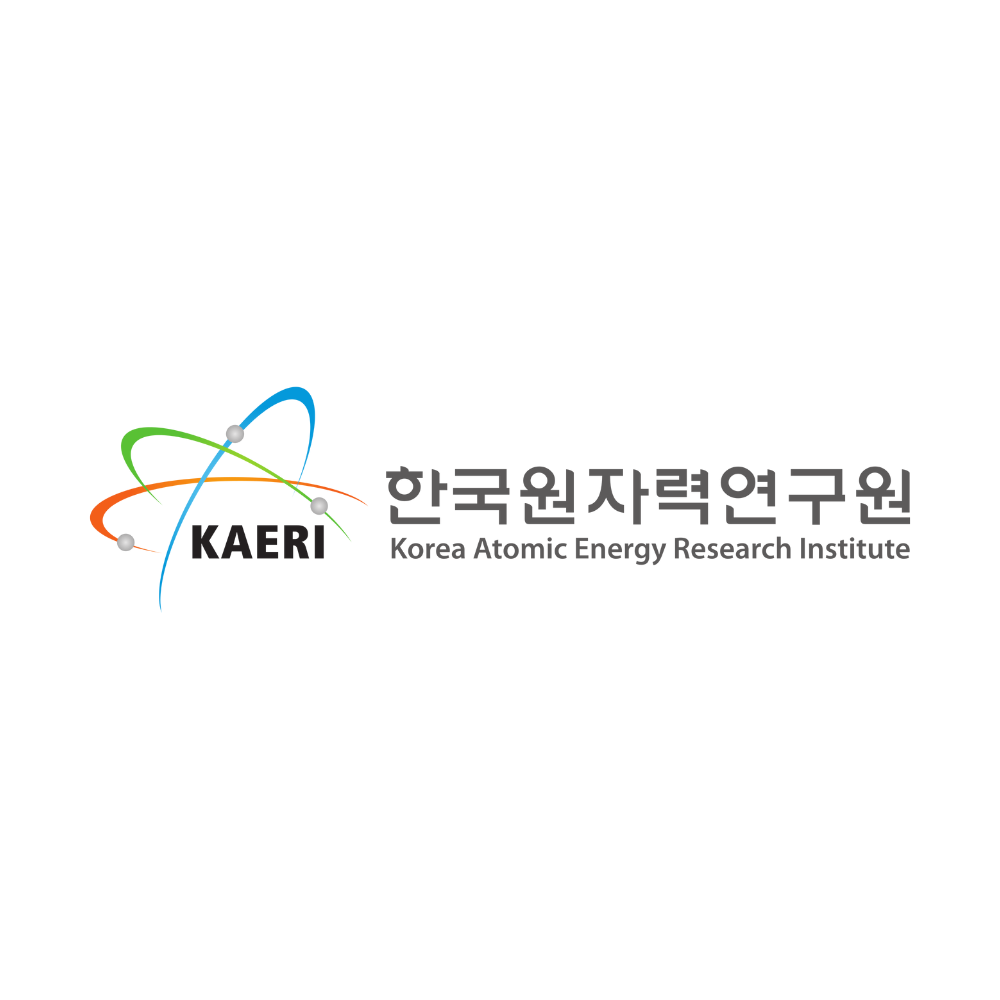
Korea Atomic Energy Research Institute
Korea Atomic Energy Research Institute
The Korea Atomic Energy Research Institute (KAERI) is South Korea’s central government research organization for nuclear energy and related technologies. Since its founding in 1959, KAERI has played a key role in the development of the peaceful use of nuclear power and has established itself as an innovation hub for reactor technologies, radiation research, and nuclear safety.
With its expertise, the institute supports secure energy supply, advances in medical applications, and the development of next-generation nuclear technologies.
What makes KAERI so exciting:
- Advanced reactor technologies: Research on small modular reactors (SMRs), Generation IV systems, and innovative concepts for safe and efficient nuclear power plants.
- Radiation research & applications: Development of radioisotopes for medical and industrial use, as well as new methods in radiation therapy and imaging.
- Nuclear safety & waste management: Research on reactor safety, waste treatment, and technologies for sustainable disposal and reprocessing.
- Materials & fuel research: Development of new nuclear fuels and high-performance materials for the safe long-term operation of reactors.
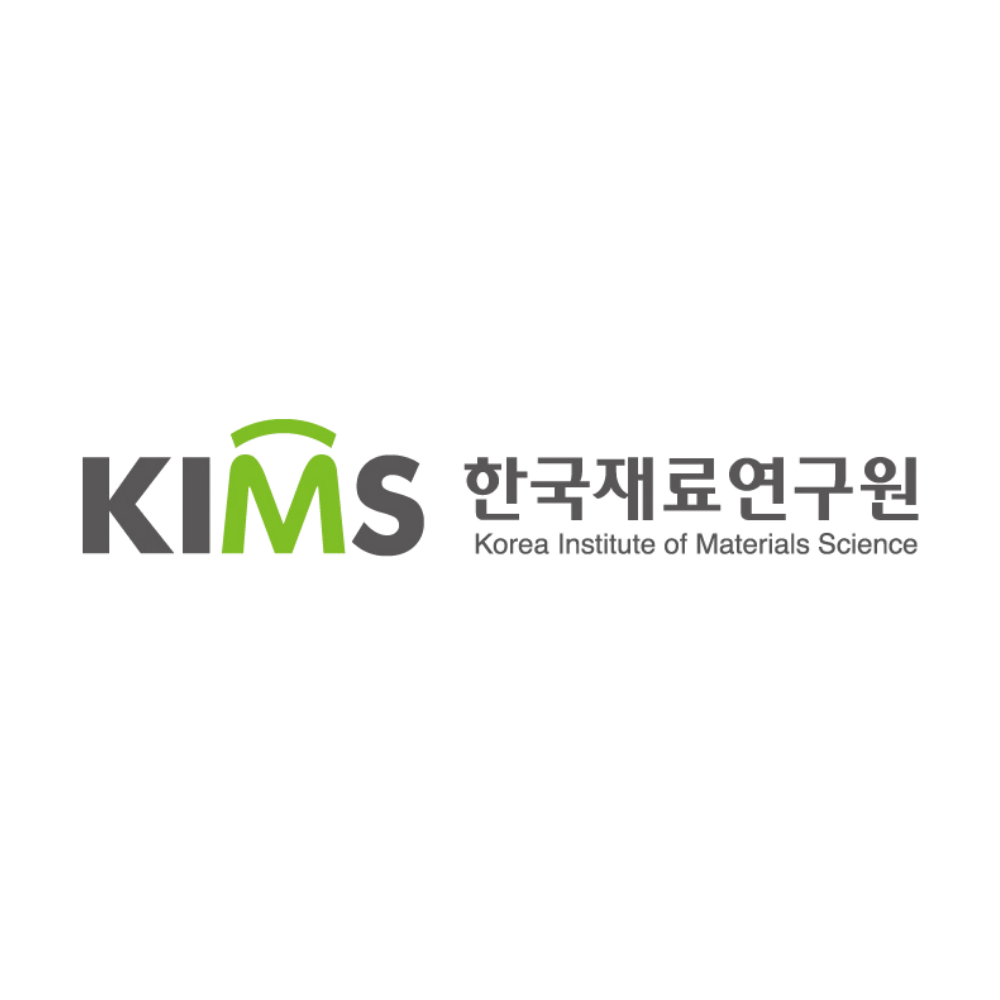
Korea Institute of Materials Science
Korea Institute of Materials Science
The Korea Institute of Materials Science (KIMS) develops advanced materials that form the foundation for innovation in high-tech industries such as aerospace, mobility, energy, and electronics. By combining fundamental research, applied development, and technology transfer, KIMS plays a vital role in strengthening the competitiveness of Korea’s industrial and future technologies.
What makes KIMS so exciting:
- High-performance materials: Development of lightweight materials, high-temperature and high-pressure materials, and specialized alloys for extreme conditions.
- Nanomaterials & functional materials: Research on coatings, semiconductor materials, 2D materials, and smart materials for electronics, sensors, and energy applications.
- Energy & environmental technologies: Materials for batteries, fuel cells, hydrogen storage, as well as sustainable production and recycling.
- Robotics & mobility: Development of advanced materials for next-generation vehicles, aerospace technologies, and maritime applications.
- Industry collaboration & technology transfer: KIMS works closely with companies to transform new materials into market-ready products and accelerate industrial innovation.
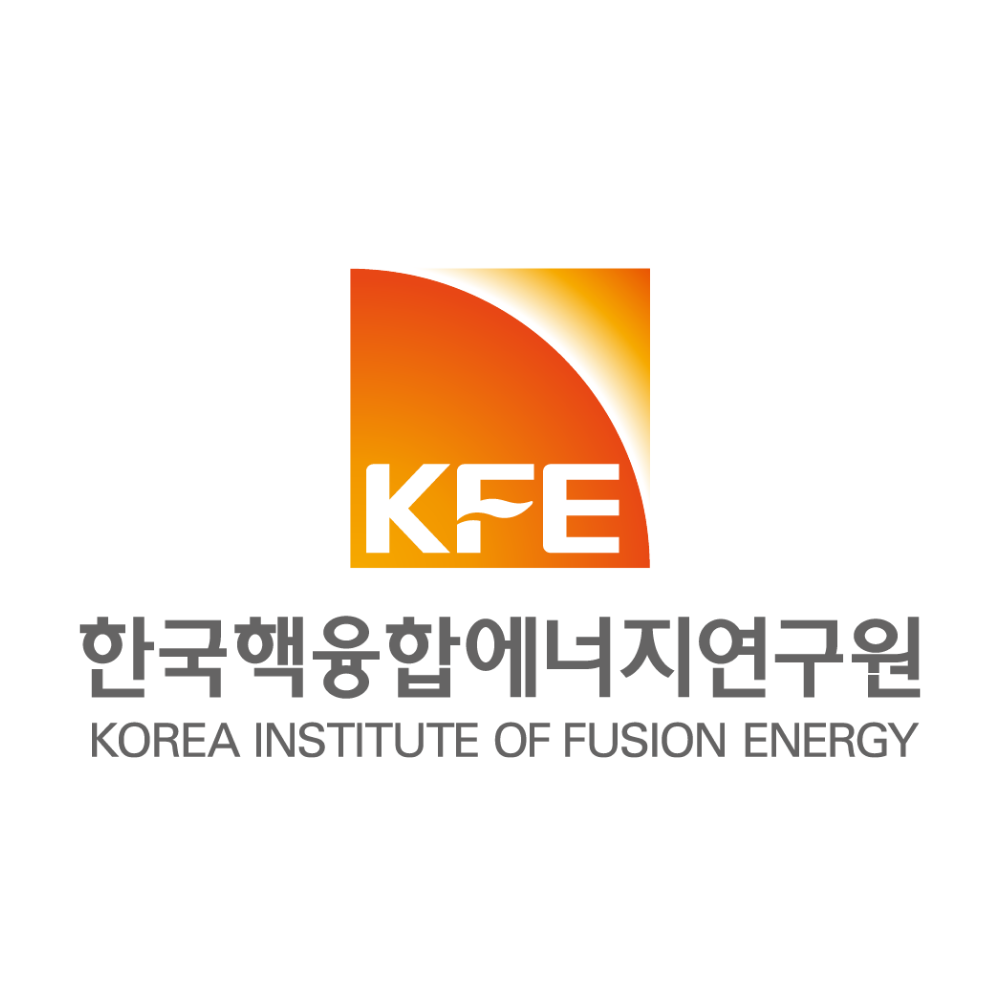
Korea Institute of Fusion Energy
Korea Institute of Fusion Energy
The Korea Institute of Fusion Energy (KFE) is South Korea’s national research institute for fusion energy and is recognized as one of the leading institutions in this field worldwide. By operating the superconducting tokamak KSTAR (“Korea Superconducting Tokamak Advanced Research”), KFE delivers groundbreaking scientific and technological contributions to international fusion research and the development of a safe, clean, and virtually limitless energy source.
What makes KFE so exciting:
- World-class fusion research: Operation and continuous advancement of KSTAR, one of the most advanced superconducting tokamaks in the world.
- Contributions to ITER and global projects: KFE plays a key role in the international ITER megaproject and supports the development of next-generation fusion reactors.
- Plasma physics & advanced technologies: Research on plasma control, superconducting magnets, and materials designed for extreme operating conditions.
- Energy of the future: Development of technologies for safe, CO₂-free, and sustainable fusion power plants.
Use Our Practical Search Filter
With just a few clicks, our search filter helps you find the institutions that best match you and your research!
How to Apply
- Step 1: Contact a research group at one of the NST member institutions to discuss the possibility of a three-month research stay.
- Step 2: Submit your application through HIDA
- Step 3: Applications are reviewed by a selection committee, and you will be notified shortly thereafter.
You can find more details about the application process here!
Contact
You have questions on the South Korea Mobility Program? Please contact us, we are happy to help!

Stefanie Gruber-Sliva
Networks & Mobility Program Manager
Contact





